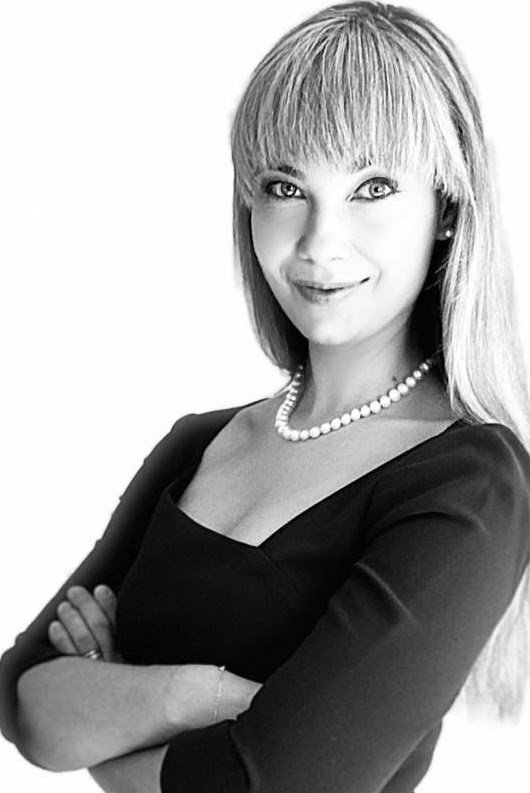He said, she said: Who gets believed when spreading (mis)information

He said, she said: Who gets believed when spreading (mis)information
by Olga Shurchkov (Wellesley College)
You may follow the seminar at the following link.
ABSTRACT:
We design an online experiment meant to closely mimic interactions on Twitter/X in order to gauge whether people’s trust or mistrust of information contained in a post depends on the (perceived) gender of its author. In particular, subjects view posts appearing in a stylized “feed” in random order, each randomly assigned a unique avatar from a set containing male-presenting, female-presenting, and gender-neutral images. Some posts are objectively false and some are true, as rated by a third-party entity. On average, posts by women are actually less likely than posts by men to be flagged as misinformation. We further investigate whether the gender-congruency of the post’s topic impacts the likelihood of it being flagged as misinformation, and by whom. Our main finding is that male users are significantly more likely to flag posts as concerning or false when they are authored by women than by men, but only when women are posting on topics perceived as male-stereotyped. Female users do not exhibit the same bias. The results persist regardless of the veracity of the statement, user’s ideology, or user’s familiarity with Twitter.
BIO:
Olga Shurchkov is a Professor of Economics at Wellesley College. She works in behavioral economics, using experimental methods to understand the reasons behind persistent inequalities in economic outcomes. Her recent work focuses on how gender stereotypes influence the way in which women and men perceive and use feedback, and how these stereotypes can affect decisions both at the individual level and in teams. A new project explores the effects of COVID-19 lockdowns on the gender gap in research productivity. Olga is also an Associate Editor at the Journal of Economic Behavior and Organization and serves on the board of editors of Feminist Economics. Her work has been featured in the Washington Post, the Boston Globe, and the Economist.

